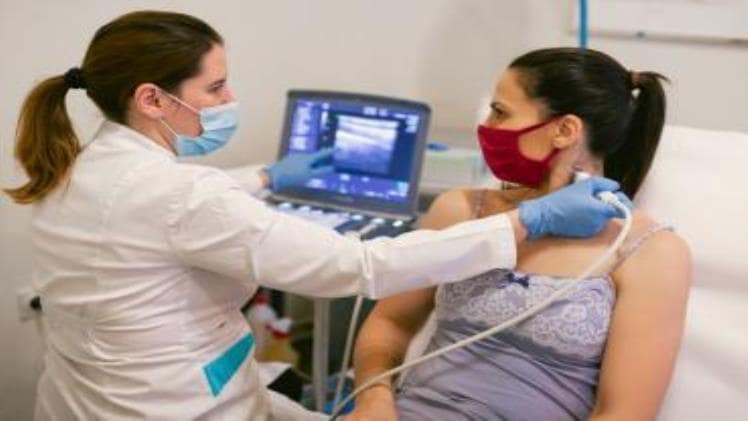Visiting the primary doctor frequently is beneficial for your health as they practice preventive treatment making it easy to diagnose different ailments. Thus, when your primary doctor tells you to see an endocrinologist, you may be baffled if you never heard about the healthcare specialist. An endocrinologist deals with issues related to the endocrine glands, which result from hormonal imbalance. You should look for an expert such as Dr. Sean P. Nikravan, MD, FACE, who has undergone additional training on diagnosing and treating endocrinologist issues. The endocrine issues impact vital glands, pancreas, thyroid, ovaries, testes, thyroid, adrenals, and pituitary; here are reasons to see an endocrinologist.
You Should See an Endocrinologist When You Develop Diabetes Mellitus
Diabetes results from endocrine disorder and impacts many people globally; since the condition is reacted to the endocrine glands, it would be better to see an endocrinologist to determine if the other endocrine glands function well. Type 2 diabetes results from the pancreases’ inability to produce enough insulin elevating the blood sugars; it is attributed to insulin resistance. On the other hand, Type diabetes happens when your body damages the insulin-producing cells; thus is a genetically acquired auto-immune disorder.
Thyroid Disorders
You should see an endocrinologist when you develop hypothyroidism or hyperthyroidism as the two disorders lead to severe medical conditions like goiter, Grave’s disease, and toxic adenoma. Furthermore, the thyroid glands impact almost all body organs like the heart, gastrointestinal system, bones, brain, and heart. The endocrinologist will diagnose and manage the different conditions associated with the thyroid gland.
Obesity
Sometimes diabetes may arise from poor health choices and lack of dietary disciple, but the condition may be associated with the endocrine glands. Thus, if the weight sticks after dieting and exercise, you would see an endocrinologist; they will diagnose this complex disorder and develop a lifelong treatment that prevents the disorder. When obesity is left untreated, it leads to heart disease, diabetes, and other lifestyle conditions; it might become a cosmetic problem. An endocrinologist works closely with other medical professionals like nutritionists, physical therapists, and surgeons, and they would offer the best-personalized treatment to overcome obesity.
Polycystic Ovary Syndrome (PCOS)
Although the underlying PCOS issues are not well known, they arise from an endocrine disorder such as altered hormone action, insulin resistance, and the abnormal section of the dominant follicle in the ovaries. You may develop PCOS symptoms such as infrequent and absent periods, elevated male sex hormones, and polycystic ovaries.
Low Testosterone
Low testosterone impacts men when their testes don’t produce adequate testosterone hormone or typical sperm number. Low testosterone leads to reduced spontaneous erections, low sperm count, decreased energy, reduced libido, and poor concentration. Fortunately, an endocrinologist will determine if low testosterone exists and safely diagnose and treat the issue.
Your primary doctor might diagnose and treat endocrine issues as they might not be trained to handle the endocrine problems. Thus if they think a condition occurs due to the disorders in the endocrine glands, they would recommend you to an endocrinologist. Diabetes, thyroid issues, low libido, PCOS, and obesity are among the issues that may need proper diagnosis and treatment. The endocrinologist works loosely with other healthcare professionals and would develop the best-customized treatment which meets your needs. Good luck treating endocrine-related health conditions.

